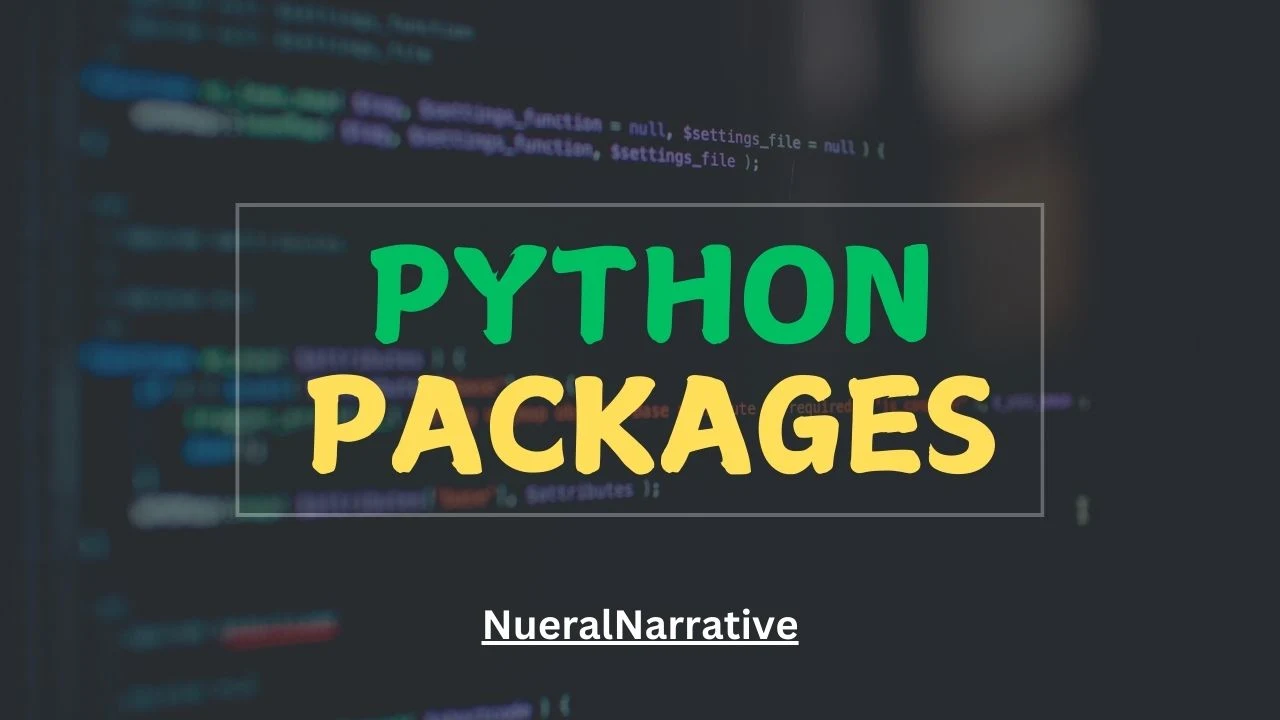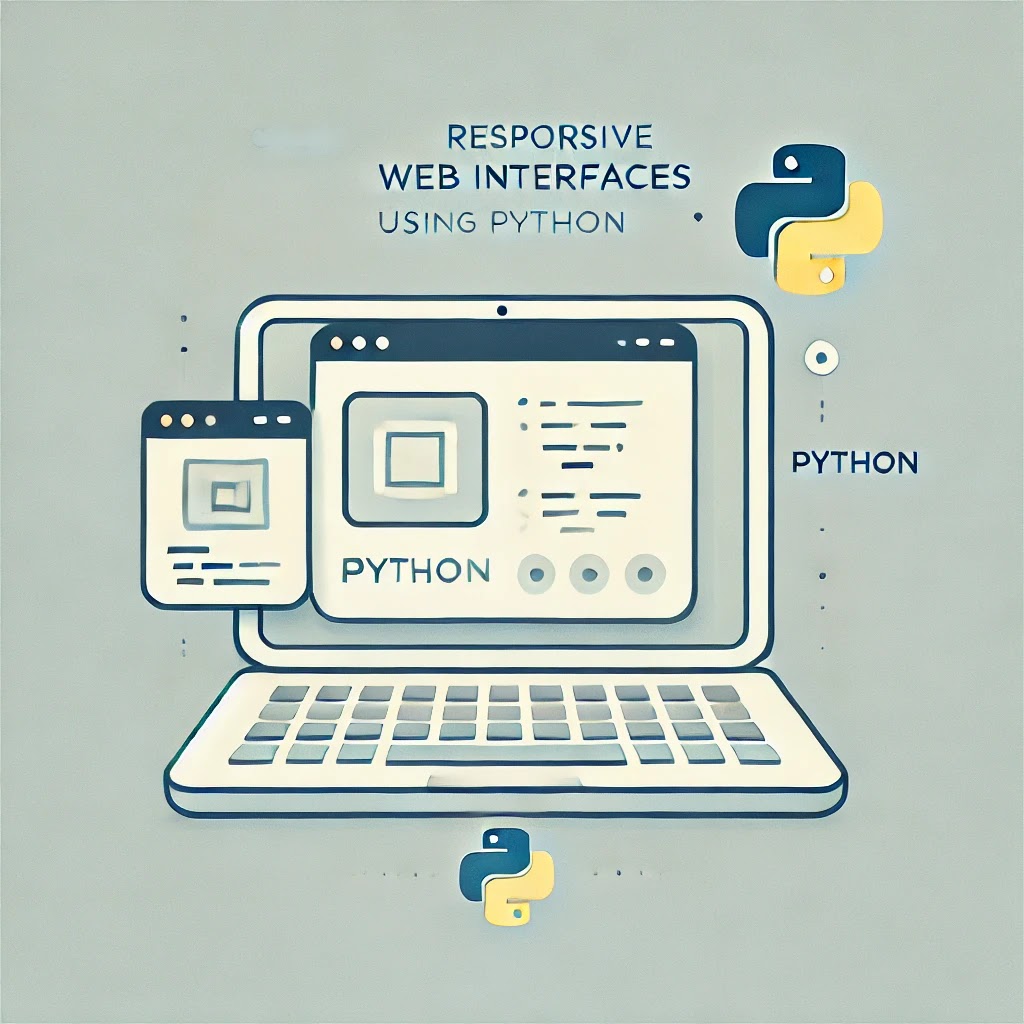Introduction: Unlocking Python's Potential
Imagine Python as a Swiss Army knife, and these packages as its most versatile, razor-sharp attachments. They're not just libraries—they're your secret weapons for turning complex challenges into elegant solutions. Whether you're a data scientist crunching numbers, a web developer building the next big app, or a researcher solving intricate problems, these packages will fundamentally change how you think about coding.
1. Pandas: Your Data Manipulation Maestro 📊
Pandas isn't just a library; it's a data transformation wizard. Think of it as a spreadsheet on steroids, capable of handling massive datasets with incredible ease and flexibility.
import pandas as pd
# Real-world scenario: Analyzing sales data
sales_data = {
'Product': ['Laptop', 'Smartphone', 'Tablet', 'Smartwatch'],
'Price': [1200, 800, 350, 250],
'Units_Sold': [150, 300, 500, 200],
'Region': ['North', 'South', 'East', 'West']
}
# Create DataFrame in seconds
df = pd.DataFrame(sales_data)
# Instant powerful analysis
print("Total Revenue per Product:")
df['Total_Revenue'] = df['Price'] * df['Units_Sold']
print(df.groupby('Region')['Total_Revenue'].sum())
Key Pandas magic? It transforms raw data into actionable insights with minimal code.
2. NumPy: The Numerical Computing Ninja 🔢
NumPy is like the secret engine under the hood of scientific computing. It turns complex mathematical operations into lightning-fast, memory-efficient computations.
import numpy as np
# Advanced array operations
temperatures = np.array([
[72.5, 68.3, 75.1], # New York
[82.4, 79.6, 85.2], # Miami
[55.7, 52.1, 58.9] # Seattle
])
# Instant statistical insights
print("City Temperature Stats:")
print("Mean Temperatures:", temperatures.mean(axis=1))
print("Temperature Variations:", temperatures.std(axis=1))
NumPy turns complex numerical computations from intimidating to intuitive.
3. Data Visualization: Matplotlib & Seaborn 📈
These libraries transform raw data into compelling visual narratives. Matplotlib provides the canvas, while Seaborn adds artistic flair and statistical intelligence.
import matplotlib.pyplot as plt
import seaborn as sns
# Beautiful statistical visualization
tips = sns.load_dataset('tips')
sns.scatterplot(x='total_bill', y='tip', hue='time', data=tips)
plt.title('Tip Patterns Across Different Dining Times')
plt.show()
Visualization isn't just about pretty pictures—it's about revealing hidden patterns.
4. Scikit-learn: Machine Learning Made Approachable 🤖
Machine learning sounds complex, but scikit-learn makes it feel like a natural extension of your coding skills.
from sklearn.model_selection import train_test_split
from sklearn.linear_model import LogisticRegression
from sklearn.datasets import load_iris
# Predictive modeling in a few lines
iris = load_iris()
X_train, X_test, y_train, y_test = train_test_split(
iris.data, iris.target, test_size=0.3
)
classifier = LogisticRegression()
classifier.fit(X_train, y_train)
print("Model Accuracy:", classifier.score(X_test, y_test))
Machine learning isn't rocket science—it's just smart pattern recognition.
5. Web Development Arsenal: Requests, Flask, Django 🌐
From consuming APIs to building full web applications, these packages are your web development Swiss Army knife.
Requests: API Interaction Made Simple
import requests
# Fetch data from a public API effortlessly
response = requests.get('https://api.github.com/users/octocat')
user_data = response.json()
print(user_data['name'], user_data['location'])
Flask: Lightweight Web Applications
from flask import Flask, jsonify
app = Flask(__name__)
@app.route('/greeting')
def hello_world():
return jsonify({"message": "Hello, Pythonista!"})
6. Bonus Packages: Expanding Your Python Horizons 🚀
Dive deeper into Python's ecosystem with these additional powerful libraries:
- Asyncio: Manage complex, concurrent tasks without the traditional threading headaches.
- Pytest: Write cleaner, more maintainable tests that actually catch real-world issues.
Installation and Best Practices
Quick Installation
pip install pandas numpy matplotlib scikit-learn requests flask
Pro Tips
- Selective Learning: Master one package at a time
- Documentation is Gold: Read official docs thoroughly
- Practice, Practice, Practice: Real learning happens through consistent application
Conclusion: Your Coding Transformation Starts Now
These packages aren't just tools—they're superpowers waiting to be unleashed. Each line of code you write with them is a step towards becoming a more efficient, creative programmer.
Code boldly, learn continuously, and let Python be your canvas of innovation! 🐍💡









No comments:
Post a Comment